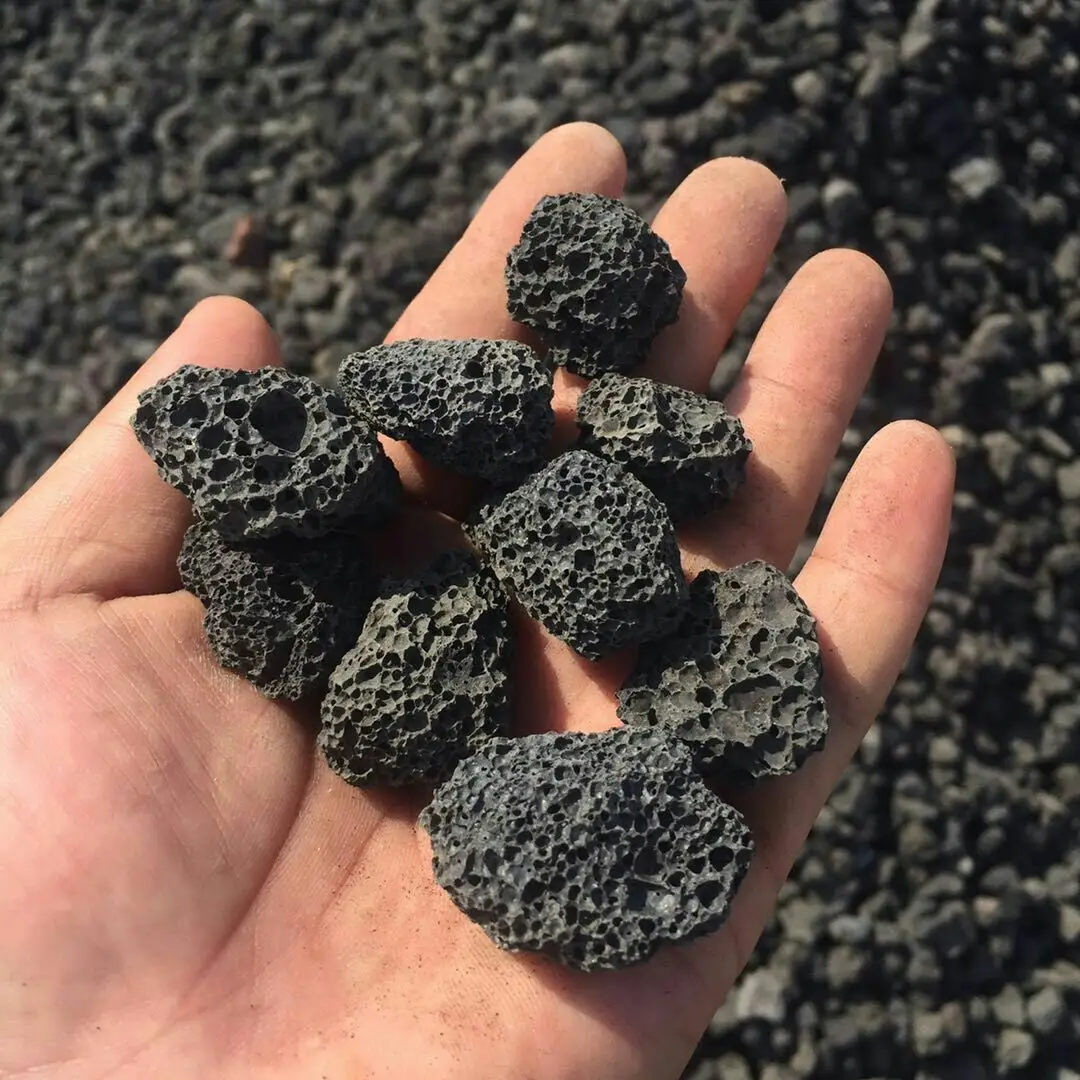
Natural Pumice Stone Alternatives for Eco-Friendly Cleaning Solutions and Skin Care
The Benefits and Applications of Artificial Pumice Stone
Pumice stone is a naturally occurring volcanic rock that has been used for centuries in a variety of applications, from beauty treatments to construction. However, the advent of artificial pumice stone has transformed the way we utilize this versatile material. Created through the innovative processes of material science, artificial pumice stone offers unique advantages that enhance its usability across different industries.
Composition and Properties
Artificial pumice stone is engineered to replicate the properties of natural pumice while improving its performance and consistency. Its composition typically includes various aggregates and polymers that provide an optimal balance of lightness and strength. This engineered material boasts an open-cell structure, allowing for greater moisture absorption and lighter weight compared to its natural counterpart. As such, artificial pumice stone can be tailored for specific needs, whether for construction, personal care, or industrial applications.
Applications in Construction
In the construction industry, artificial pumice stone is celebrated for its lightweight yet robust nature. It is commonly used as an aggregate in lightweight concrete and plaster, offering excellent insulation properties while reducing the overall weight of building materials. This can lead to reduced transportation costs and ease of handling during construction. Moreover, the use of artificial pumice can contribute to more sustainable building practices, as it often requires less energy to produce than traditional aggregates.
Additionally, artificial pumice stone is utilized in landscaping and terrain stabilization
. Its porous structure enhances drainage, making it an ideal choice for green roofs and permeable pavements, which are essential for managing stormwater runoff in urban environments. The material's natural aesthetic also blends seamlessly into outdoor settings, enhancing the visual appeal of landscaping projects.artificial pumice stone

Beauty and Personal Care
In the personal care industry, artificial pumice stone is a staple for promoting smooth and soft skin. Its gentle abrasive properties make it effective for exfoliating dead skin cells, helping to prevent rough patches and encouraging healthier skin. Compared to natural pumice, artificial variants can be manufactured to specific grits and textures, allowing for greater customization to cater to individual skincare needs.
Moreover, artificial pumice stone is less porous than natural pumice, which can contribute to better hygiene. With regular cleaning, it is less likely to harbor bacteria and other contaminants, making it a safer option for beauty applications. The lightweight quality also makes it easier for consumers to handle and use, enhancing the overall experience.
Environmental Considerations
As sustainability becomes an essential aspect in various industries, artificial pumice stone offers an environmentally friendly alternative. The production of artificial stones can be managed to reduce waste and energy consumption. Furthermore, many manufacturers are adopting eco-friendly practices, recycling materials, and utilizing renewable resources in the creation of these stones.
In conclusion, artificial pumice stone is a remarkable material that has a wide range of applications across industries. From construction to personal care, its lightweight, durable, and customizable nature makes it a valuable alternative to natural pumice. As industries continue to evolve, the demand for innovative materials like artificial pumice stone will likely grow, promoting more sustainable and efficient practices for the future.
Share
-
Premium Pigment Supplier Custom Solutions & Bulk OrdersNewsMay.30,2025
-
Top China Slag Fly Ash Manufacturer OEM Factory SolutionsNewsMay.30,2025
-
Natural Lava Rock & Pumice for Landscaping Durable Volcanic SolutionsNewsMay.30,2025
-
Custom Micro Silica Fume Powder Manufacturers High-Purity SolutionsNewsMay.29,2025
-
Custom Mica Powder Pigment Manufacturers Vibrant Colors & Bulk OrdersNewsMay.29,2025
-
Custom Micro Silica Fume Powder Manufacturers Premium QualityNewsMay.29,2025






